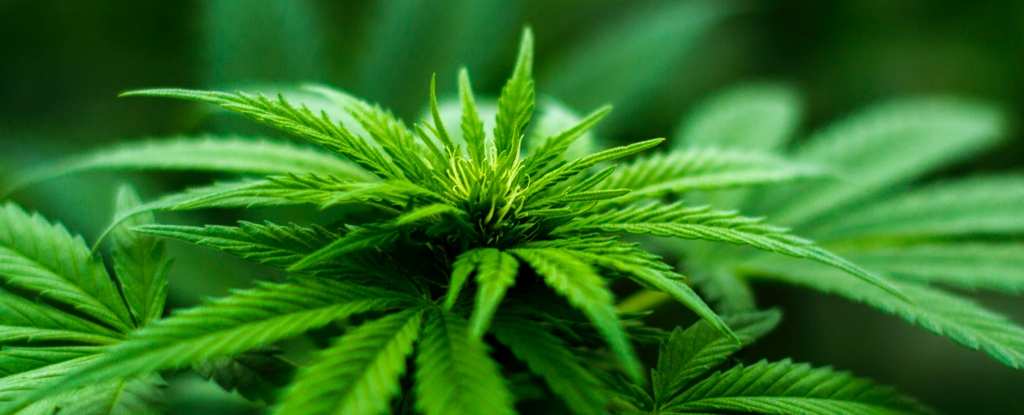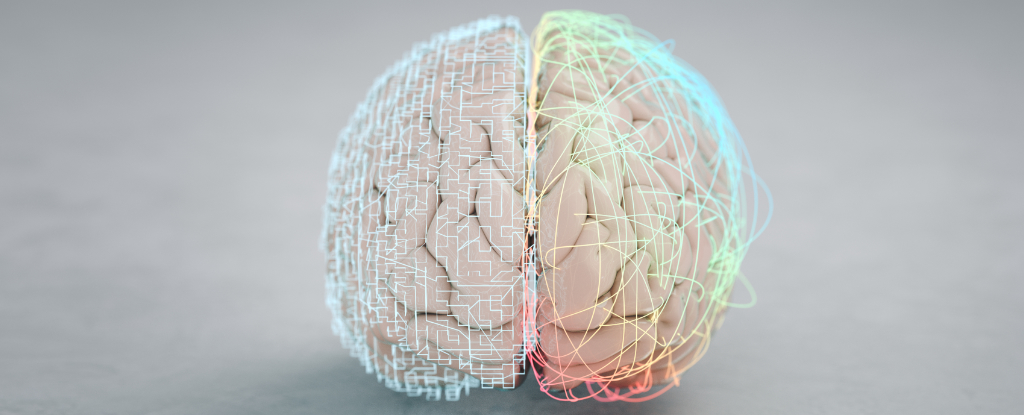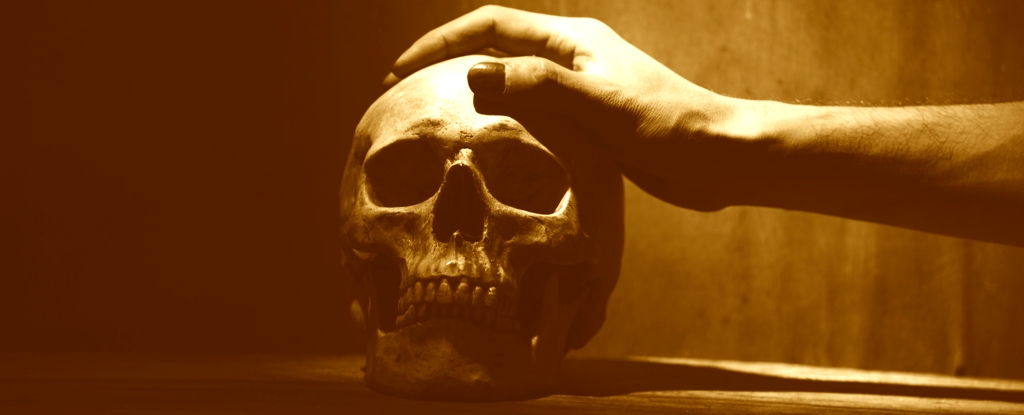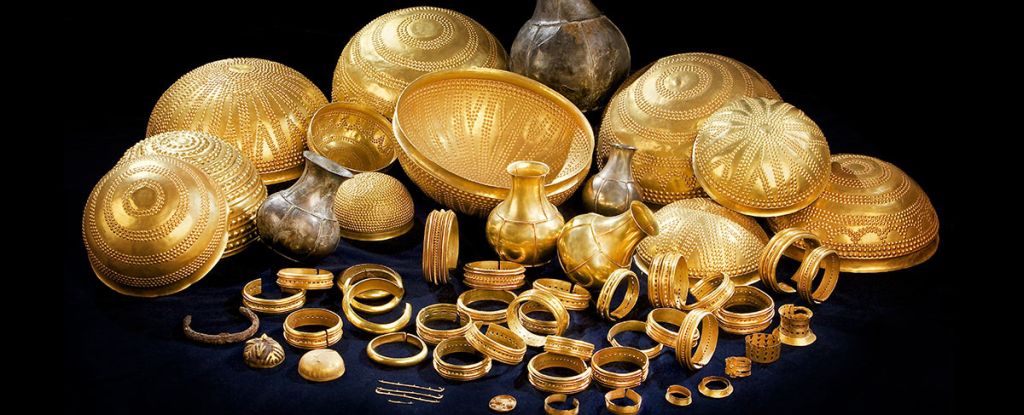Cannabis’s effects seem pretty paradoxical on the surface. Some people call Mary Jane their best friend, enjoying feelings of relaxation, profound insight, and a release from troubled nerves. Others spurn the devil’s lettuce, overwhelmed by feelings of paranoia, depersonalization, and panic.
A new study confirms that particular chemicals in weed are responsible for the drug’s two-sided nature, and that particular strains – those with high levels of cannabidiol (CBD) and negligible tetrahydrocannabinol (THC) – are more effective at easing anxiety than others.
The findings add to mounting evidence that CBD can be an effective anxiety treatment, but legal prescriptions and products are still relatively new territory in the countries where they’ve been embraced.
The research team from University of Colorado Boulder wanted to study how the levels of CBD and THC in legal market forms of cannabis affected user’s experiences of anxiety, as opposed to oils, gummies, or tinctures.
So they recruited 300 people with anxiety, 258 who were familiar with the jazz cabbage, and 42 who had never touched the stuff.
“This is the first randomized study to examine the acute and extended effects of ad libitum [as much or as often as desired] legal market cannabis products on anxiety symptoms,” they write.
“These products were selected to align with typical potencies of cannabis flower available on state legal markets.”
The cannabis was provided by a Colorado-based dispensing company. The guarantee of particular THC and CBD levels in cannabis is one of the more compelling arguments for legalization. In theory, regulation should help people choose a product that suits their needs (and which is what it says on the label), rather than rolling the dice on anxiety responses.
In this experiment, three different legal market varieties of cannabis flower were selected for their different levels of THC and CBD:
- a THC-dominant strain, with 24 percent THC and less than 1 percent CBD
- a strain with THC and CBD in equal parts (12 percent), which is representative of the ratios often found ‘on the street’
- a CBD-dominant strain, with less than 1 percent THC, and 24 percent CBD
A fourth group volunteered to stay off the grass, to set something of a baseline for comparison.
Their data looked at effects of both acute use (pre- and post- use, in a single session) and over four weeks of use. Participants were at liberty to decide when, how, and how much weed they used, but the average intake was about three times a week.
Most participants chose to inhale their choice of greenery, via pipes, bongs and joints, and to a much lesser extent, vaporizer and bubbler. Six users’ ‘administration methods’ were ‘other’ or unknown.
Participants in the CBD-dominant group felt almost no impairment immediately after smoking, but they did feel less tense. They also reported far less of the paranoia that was felt by those the other two cannabis groups.
And while all four groups (even the non-tokers) reported reduced anxiety by the end of the four-week study, the cannabis groups reported greater reductions than the non-cannabis group, with the greatest improvements reported by the CBD-dominant group.
“The short-term effects were very clear: CBD was associated with tension and anxiety relief with limited harm,” says neuroscientist Cinnamon Bidwell.
“Our study suggests that CBD products may be able to relieve anxiety in the moment for adults who use them, and possibly longer-term, in a way that is meaningful and doesn’t necessarily produce the same risks or harms of THC or prescription medications.”
While the study found strains with relatively higher amounts of THC increase the risk of developing paranoia in the short-term, it didn’t seem to prevent the drug’s anti-anxiety effects from working, at least better than not taking the drug at all.
“Our findings suggest that THC did not increase anxiety long-term and that CBD-dominant forms of cannabis were associated with acute tension reduction that may translate to longer-term reductions in anxiety symptoms,” says Gregory Giordano, a professional research assistant who worked on the study.
The research is published in Cannabis and Cannabinoid Research.





